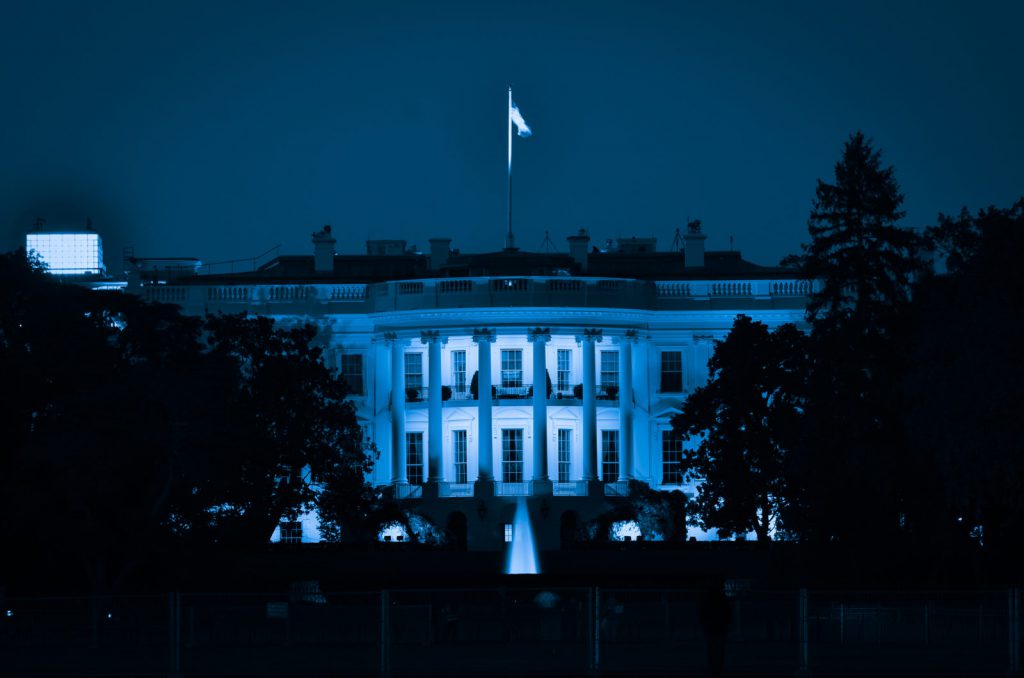
Published April 19, 2019
The Mueller report is of course about Russian interference in the 2016 election and about the White House’s interference in the resulting investigation. But I couldn’t help also reading the report as a window into the manner of administration that characterizes the Trump era, and therefore as another warning about how fundamentally unprepared our government is for a significant crisis or emergency.
This is a bell I’ve been ringing a lot around here for two years, I know (including just last week regarding the desolate wasteland that is the Department of Homeland Security). But it’s important, and elements of the report really brought it home. The most striking of these was this paragraph on page 158 of the second volume of the report:
The President’s efforts to influence the investigation were mostly unsuccessful, but that is largely because the persons who surrounded the President declined to carry out orders or accede to his requests. Comey did not end the investigation of Flynn, which ultimately resulted in Flynn’s prosecution and conviction for lying to the FBI. McGahn did not tell the Acting Attorney General that the Special Counsel must be removed, but was instead prepared to resign over the President’s order. Lewandowski and Dearborn did not deliver the President’s message to Sessions that he should confine the Russia investigation to future election meddling only. And McGahn refused to recede from his recollections about events surrounding the President’s direction to have the Special Counsel removed, despite the President’s multiple demands that he do so.
That paragraph summarizes a pattern of behavior evident throughout the evidence laid out in that second volume. Simply put, the people who work for the president use their judgment to decide when to do what he says and when to ignore him or flatly contradict his decisions.
This extraordinary pattern in the report brought to mind an incident from very early in the Trump era. On January 15 of 2017, a few days before Trump’s inauguration, the President-Elect was interviewed by the Washington Post, and when asked about health care he said his team would soon propose its own health-care reform—that it was worked out, and that it would not reduce coverage numbers but would cost less than Obamacare. The statement sent the little conservative health policy world into a frenzy: What was this plan? Who was working on it? What kinds of ideas was it based on? The barrage of group emails was soon ended, however, by a note from a member of Trump’s little policy circle, who would soon become a senior administration official. The message was simple: Trump had no idea what he was talking about, the proposal he mentioned was a figment of his imagination, and don’t worry about it—everything was under control.
This was simultaneously reassuring and alarming in the way that Mueller’s window into the administration is. It was evidence that there were people around the president who were doing the work required to govern and make decisions, but it was also evidence that the president was not at the center of that process, and that a significant amount of their work involved deciding when to ignore him. That pattern has of course repeated over and over in the two years that have followed.
As Mueller’s report demonstrates, the willingness of his subordinates to be insubordinate has generally served Trump well, because his own judgement is often so shockingly bad that almost anyone else’s judgment (including that of some very shady characters) would be better. That willingness to ignore or contradict the president seems to have averted some criminal acts that might have endangered his presidency. And it has likely saved us from other dark fates.
But this can only reassure us up to a point, for two major reasons. First, this kind of behavior is a deformation of the logic of our constitutional system. The first sentence of Article II of the Constitution (“The executive power shall be vested in a President of the United States of America”), combined with the responsibility given to the president in Article II, Section 4, to “take care that the laws be faithfully executed,” and with the simple fact that only one person is elected by the voting public to exercise the power of the presidency mean that the president is responsible for the executive branch. The various people who populate executive positions are his agents. He has authority over them, and responsibility for their actions. We can’t take comfort from the existence of a body of appointed officials who will ignore the president’s orders when they see fit. Who are these people? Who gave them the power to do this? Why should we trust them? And what recourse do we have for holding them accountable?
And second, this approach to dealing with the president’s poor judgment would not work well in a crisis. Dealing with crises is one of the most important functions of the modern president. It is one important reason why we need a single official in charge of the executive power of the government, who can make the toughest decisions in moments of greatest pressure and stress. In such moments, it is important that everybody understand the chain of command, that people are willing to execute decisions they might not have made themselves, and that the people involved trust the process—which ultimately means they have to trust the decision maker. The window Mueller has given us into the workings of this administration offer us one more reason to think that our government is not ready for a serious crisis, and that its upper reaches might crumple in an emergency.
It is not hard to see why Trump’s senior staff treat him as they do. They understand better than any of us that his distinct disabilities as a decision maker have to be accommodated in some extraordinary ways to prevent them from exacting terrible costs. But these extraordinary accommodations are unlikely to be sustainable in truly extraordinary circumstances. We can hope that the country is lucky enough to avoid a serious crisis of some kind that requires a functional emergency-management response under time pressure. Maybe that will happen, we are a very lucky country, after all.
Or we can hope that Trump’s advisers, and especially his national-security and economic teams, have worked out some procedures for emergency decision-making that take account of the unusual problem they face. But it isn’t easy to see how this could be done in any way that could be both effective and legitimate.
In any case, all of that is a lot to hope for. The peculiar willingness of Trump’s people to ignore or disobey him is a blessing and a curse. But more than anything it is a warning sign that ought to be taken seriously by anyone in Congress or in the executive branch who is in any way in a position to help prepare our government to handle serious emergencies.
Yuval Levin is the editor of National Affairs and a fellow at the Ethics and Public Policy Center.




